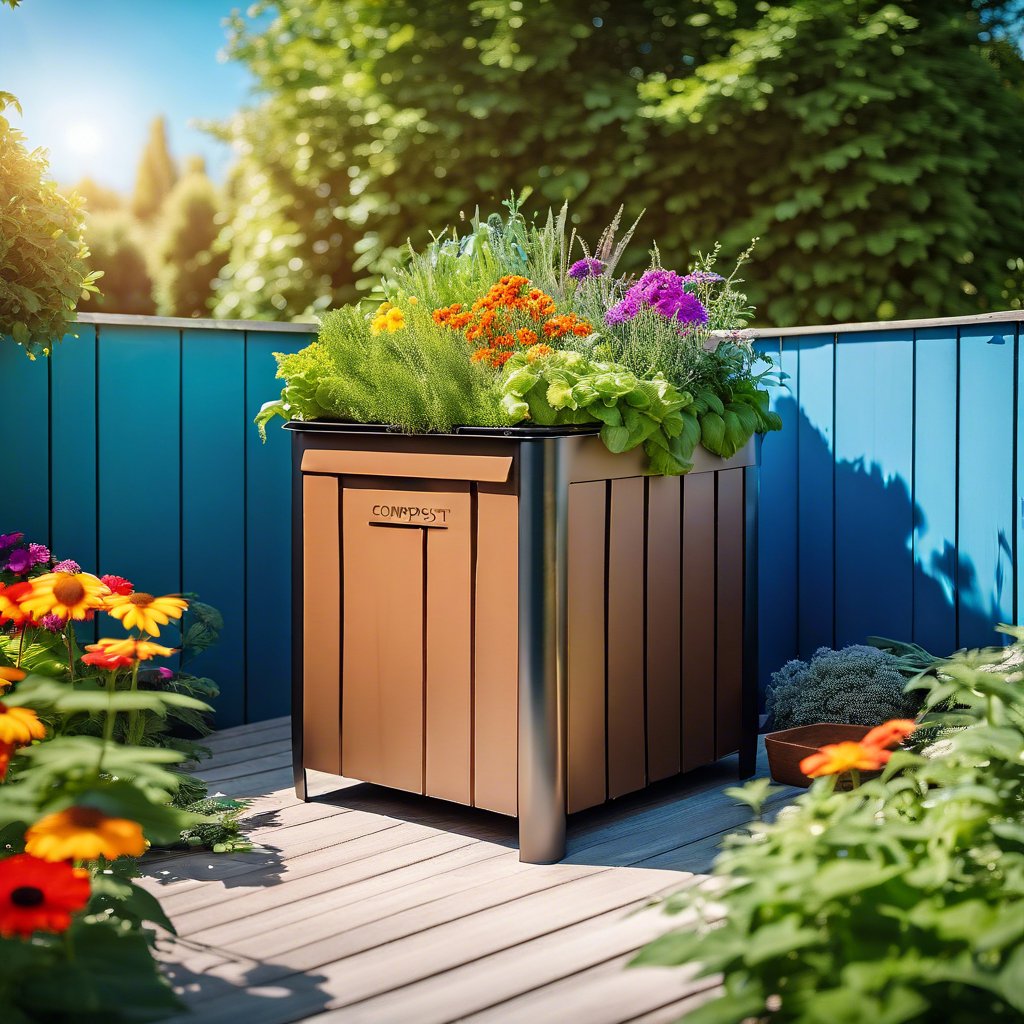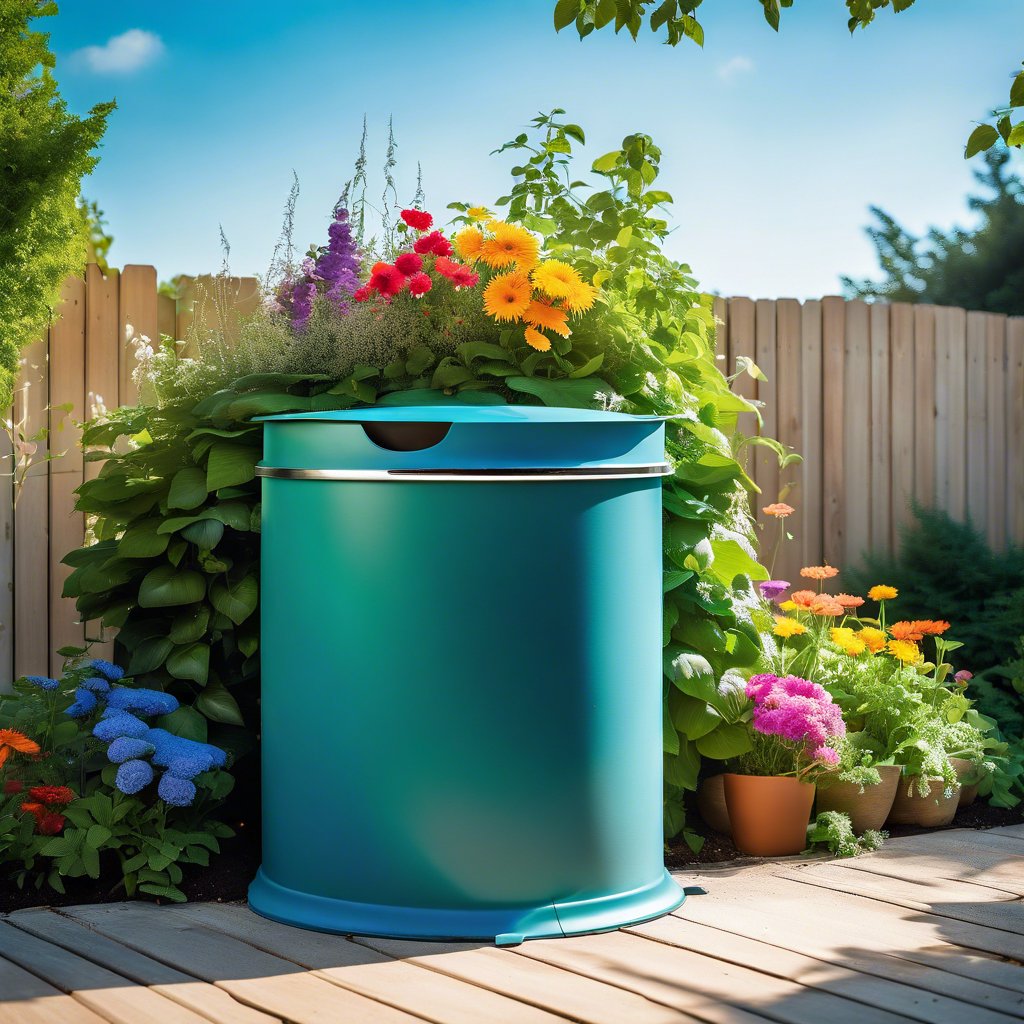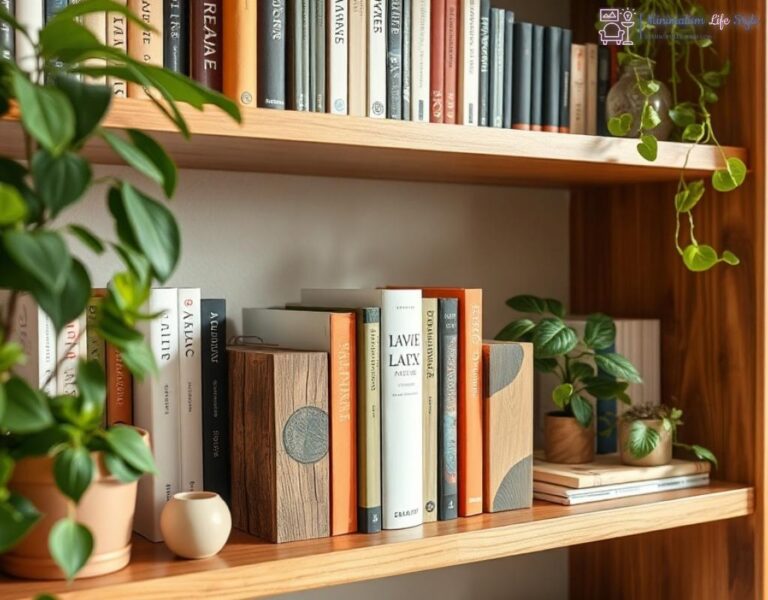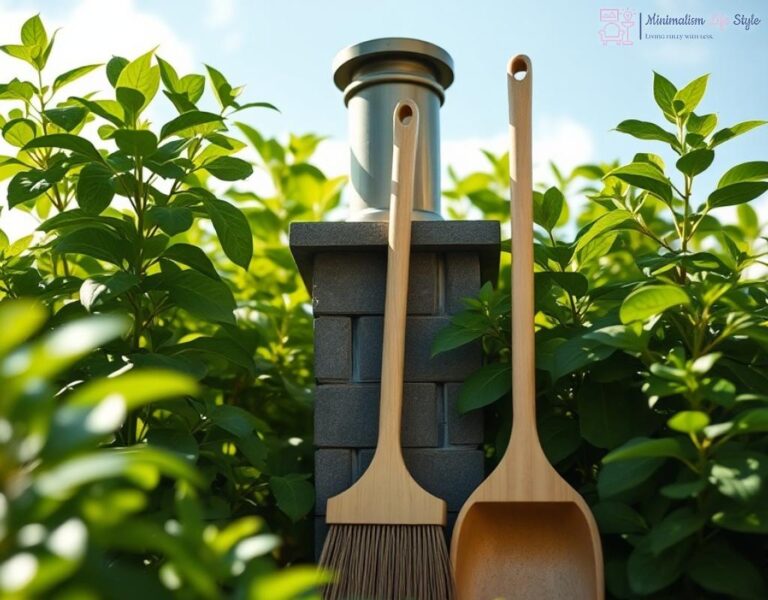Embrace the Beauty of Composting

In a world increasingly burdened by waste, composting emerges as a beacon of hope, allowing us to transform our organic refuse into a rich resource for our gardens. By adopting this minimalist approach, you not only reduce the amount of waste sent to landfills but also enrich your soil, promote healthy plant growth, and contribute to a more sustainable ecosystem. Let’s embark on this inspiring journey toward a greener future, one compost bin at a time.
The Essentials of Composting: What You Need to Get Started
Composting is remarkably simple, requiring only a few key elements to kickstart your journey. Whether you’re a seasoned gardener or a city dweller with limited space, you can easily integrate composting into your life. Here’s a brief overview of what you need:
- Compost Bin: Choose a bin that fits your space. It can be a traditional compost tumbler, a simple pile in the corner of your yard, or even a worm bin for indoor composting.
- Organic Materials: Gather kitchen scraps (fruits, vegetables, coffee grounds) and yard waste (grass clippings, leaves, small branches).
- Oxygen: Ensure your compost pile is aerated to speed up the decomposition process. Turn your pile every few weeks.
- Moisture: Maintain a balance—your compost should be as damp as a wrung-out sponge.
Begin Your Composting Adventure: Simple Steps to Follow
Now that you have the essentials, it’s time to dive into the straightforward steps that will lead you to successful composting. Follow these steps to effectively reduce your organic waste and nurture the environment:
- Choose Your Location: Find a dry, shady spot near a water source for your compost bin.
- Layer Your Ingredients: Start with a layer of coarse materials (like twigs) for aeration, followed by green materials (nitrogen-rich) and brown materials (carbon-rich).
- Maintain the Right Mix: Aim for a balance of approximately 2 parts brown materials to 1 part green materials.
- Monitor Moisture Levels: Water your compost if it feels too dry and cover it if it gets too wet.
- Turn the Pile Regularly: Every few weeks, turn your compost to aerate it and speed up decomposition.
- Harvest Your Compost: After a few months, your compost will be dark, crumbly, and smell earthy—perfect for enriching your garden.
By following these simple steps, you can turn organic waste into a valuable resource, creating a sustainable cycle that benefits both your garden and the planet.




